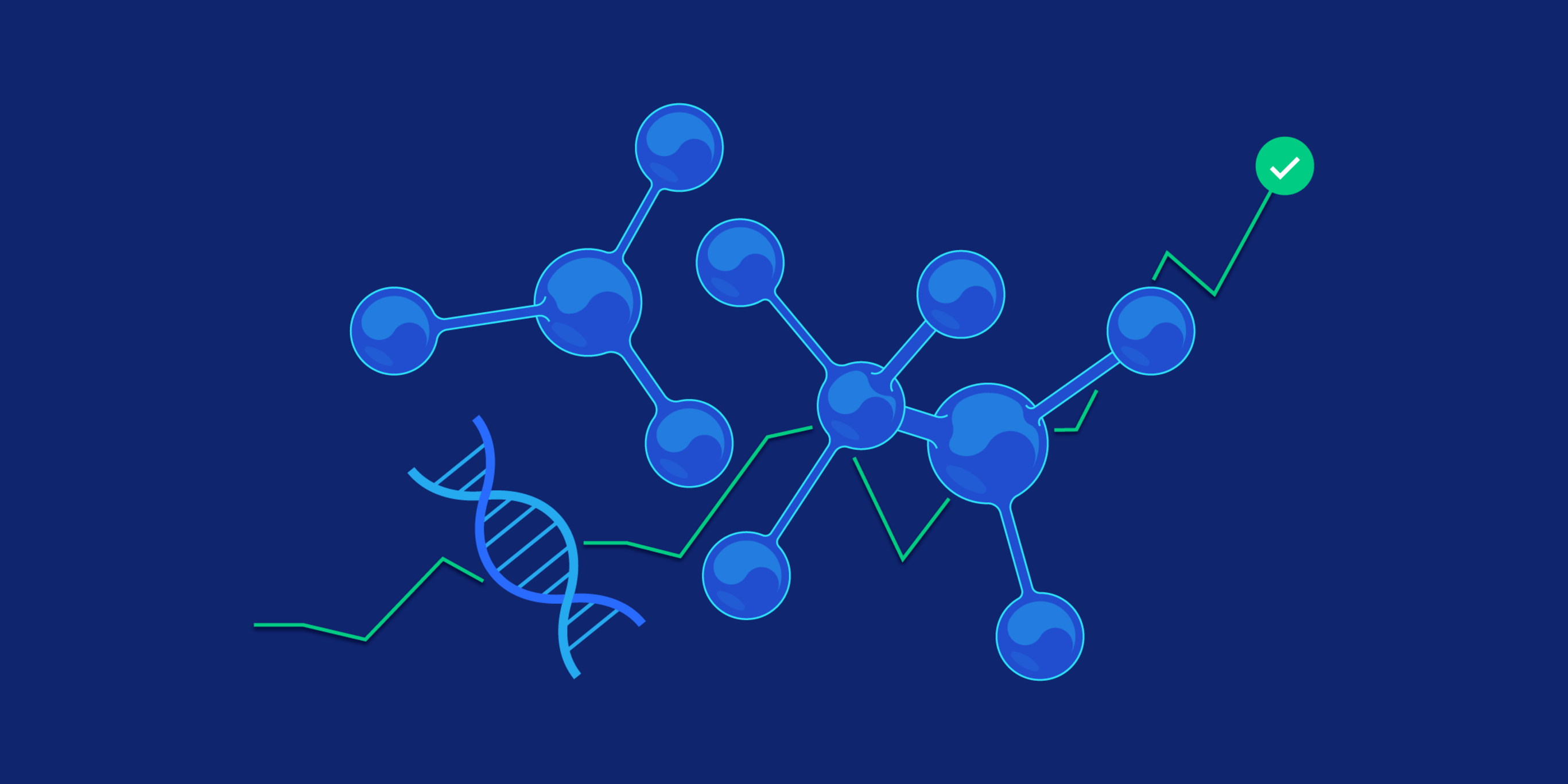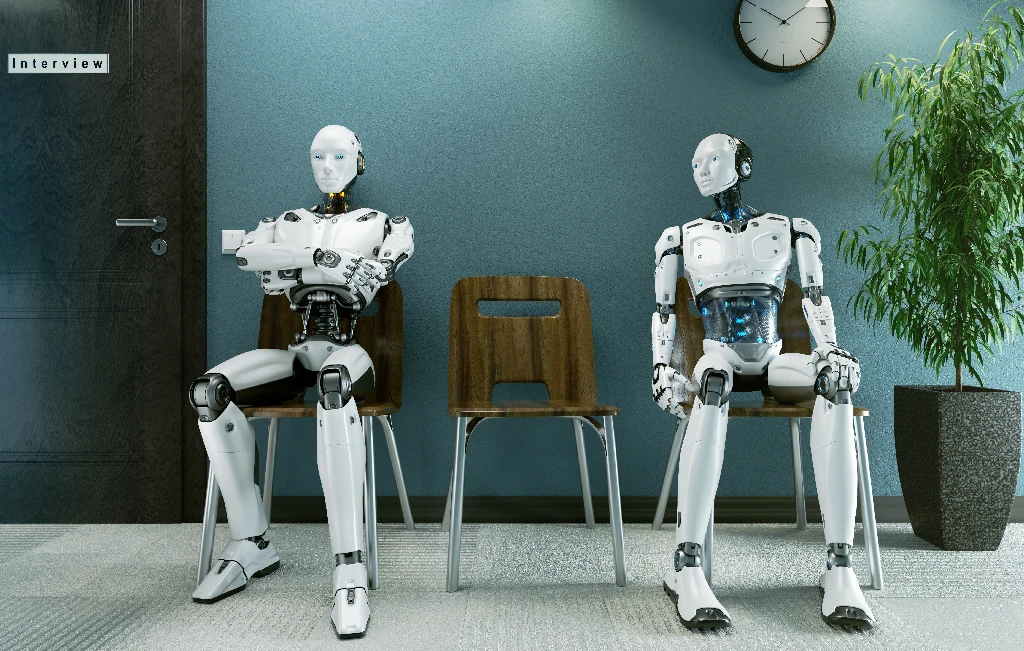justineanweiler.com – Biotechnology is poised to transform the way we live, work, and interact with the natural world. By merging biology with cutting-edge technology, biotech has already revolutionized industries such as healthcare, agriculture, and environmental science. But what lies ahead in this rapidly evolving field?
Precision Medicine and Personalized Healthcare
One of the most promising advancements in biotech is precision medicine. Through genome sequencing and data analysis, treatments tailored to an individual’s genetic profile are becoming a reality. This personalized approach aims to improve efficacy and minimize side effects. CRISPR-Cas9 and other gene-editing technologies are advancing therapies for previously untreatable genetic conditions, including Huntington’s disease and certain cancers.
Additionally, wearable biotech devices are enabling real-time health monitoring, empowering individuals and healthcare providers to make proactive decisions. The integration of artificial intelligence (AI) into these systems will further refine diagnostics and treatment plans.
Agricultural Innovation for a Growing Population
With the global population projected to surpass 9 billion by 2050, sustainable food production is a critical challenge. Biotechnology is addressing this through the development of genetically modified crops that are resistant to pests, diseases, and climate extremes. Innovations such as lab-grown meat and precision fermentation are paving the way for more sustainable protein sources, reducing reliance on traditional livestock farming.
Biotech-driven advancements in soil microbiome research are also improving crop yields and soil health, ensuring long-term agricultural sustainability.
Environmental Applications: Restoring Balance
Biotechnology is increasingly being used to address environmental challenges. Bioengineered microbes are breaking down pollutants and plastic waste, offering scalable solutions to global pollution. Similarly, algae-based biofuels are emerging as eco-friendly alternatives to fossil fuels, reducing greenhouse gas emissions.
Moreover, synthetic biology holds potential for creating carbon capture systems that mimic natural processes, helping mitigate climate change.
Future Frontiers: Artificial Life and Beyond
The next frontier of biotechnology lies in synthetic biology, where scientists are designing and building entirely new biological systems. These innovations may lead to the creation of artificial organisms with specific functionalities, such as producing pharmaceuticals or generating renewable energy.
In addition, advances in regenerative medicine, including the development of bioengineered organs and tissues, could one day eliminate the need for organ transplants. This would address the current shortage of donor organs and improve the quality of life for countless individuals.
Ethical and Regulatory Considerations
As biotechnology continues to advance, ethical and regulatory challenges must be addressed. Issues surrounding genetic privacy, access to treatments, and the potential misuse of technologies like gene editing require careful oversight. Global collaboration will be essential to ensure that the benefits of biotech are shared equitably and responsibly.
Conclusion
The future of biotechnology is brimming with possibilities that promise to reshape our world for the better. By harnessing the power of nature through innovation and ethical stewardship, we can address some of humanity’s most pressing challenges. As we stand on the brink of this biotechnological revolution, the opportunity to create a healthier, more sustainable, and equitable future has never been greater.





